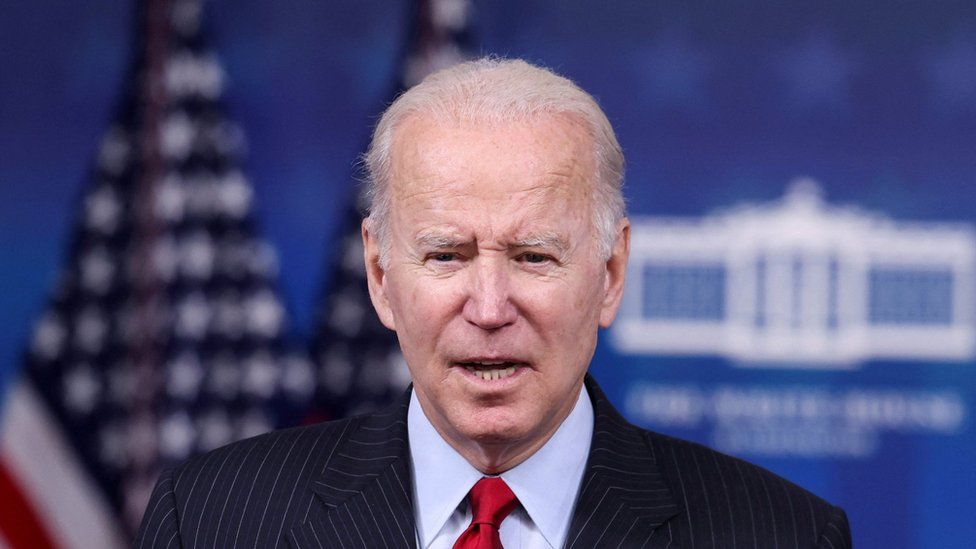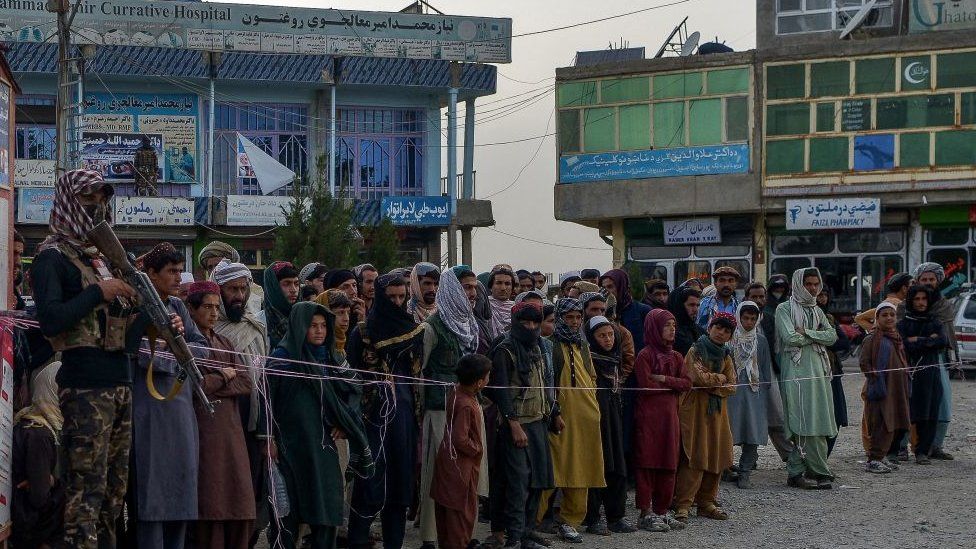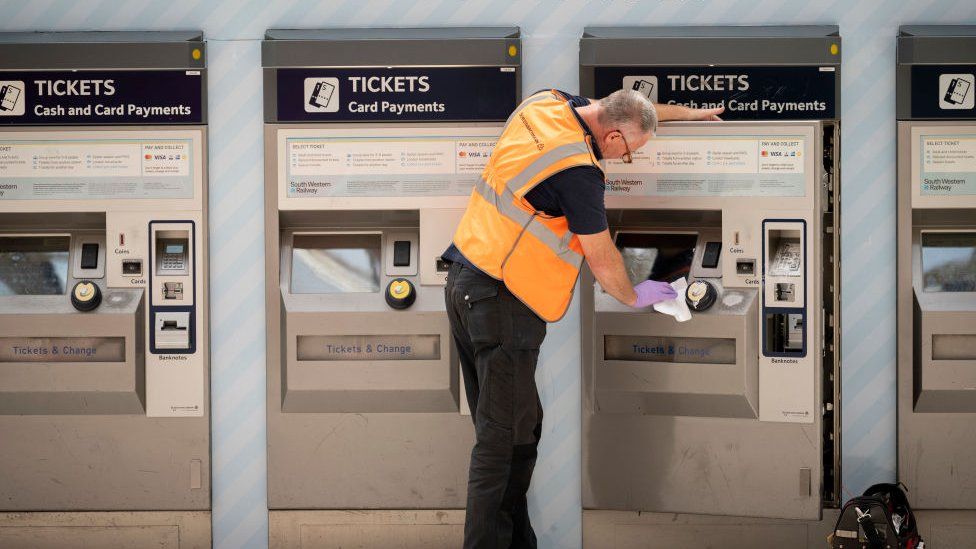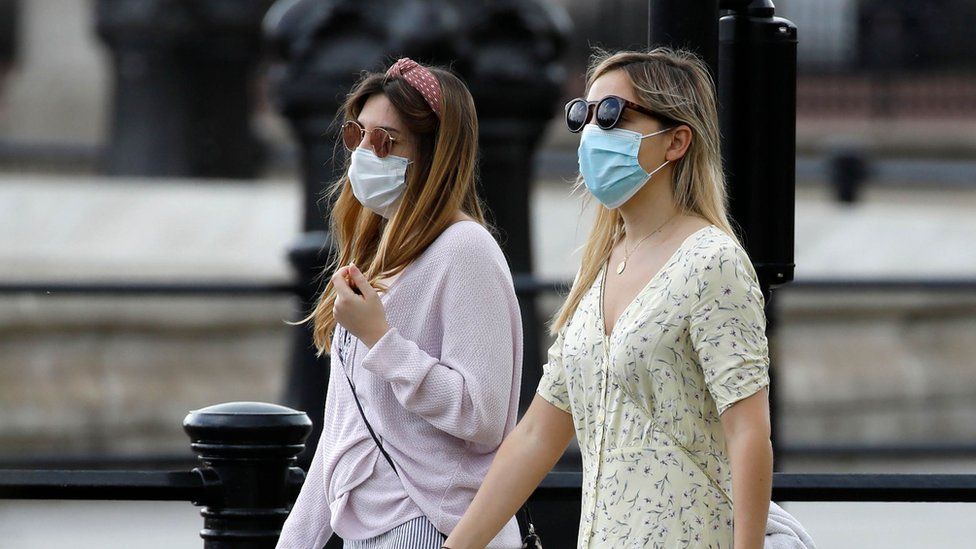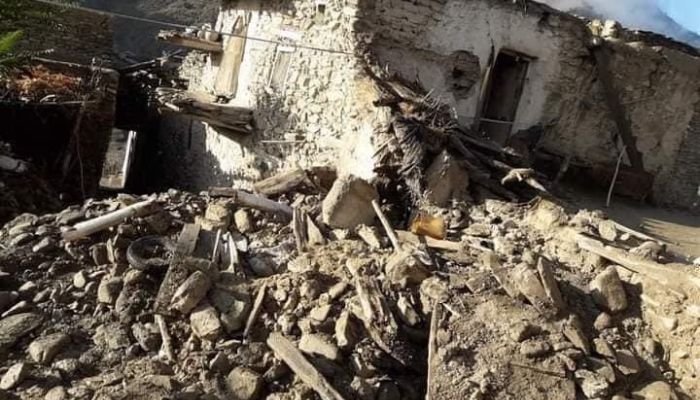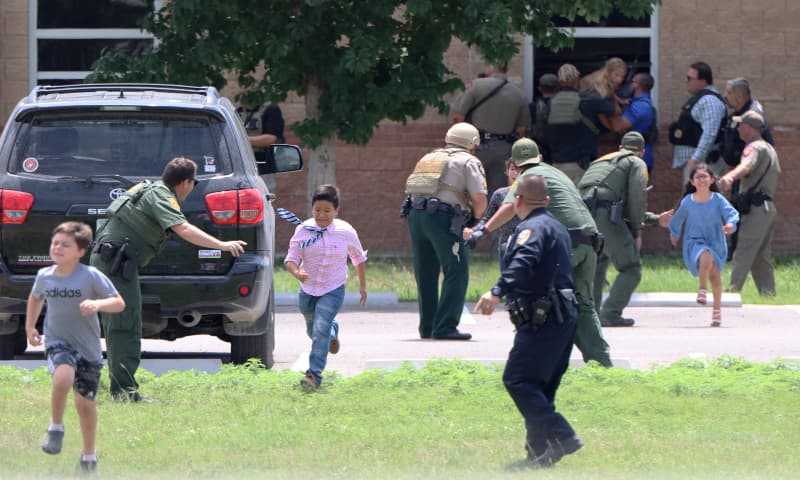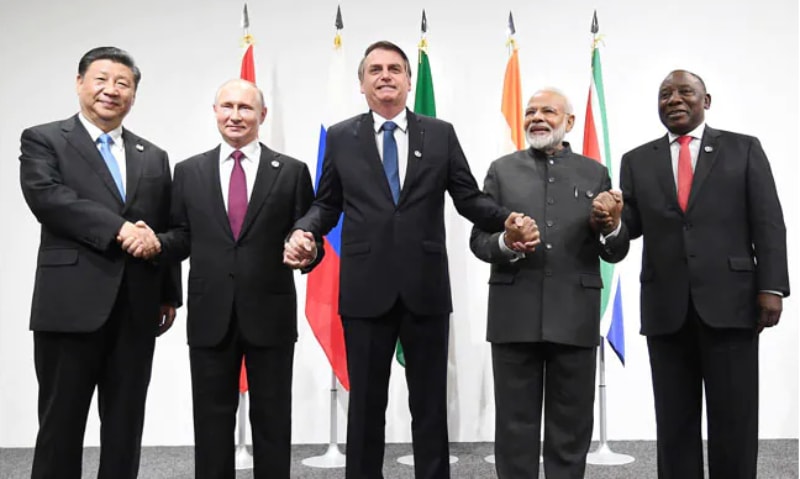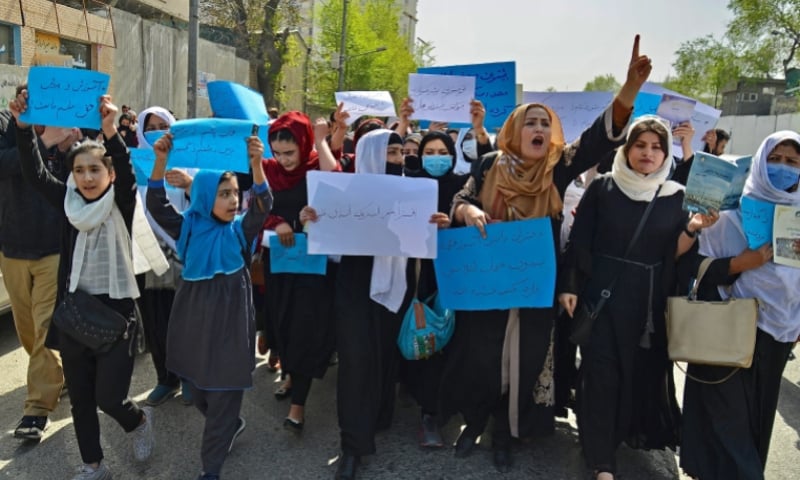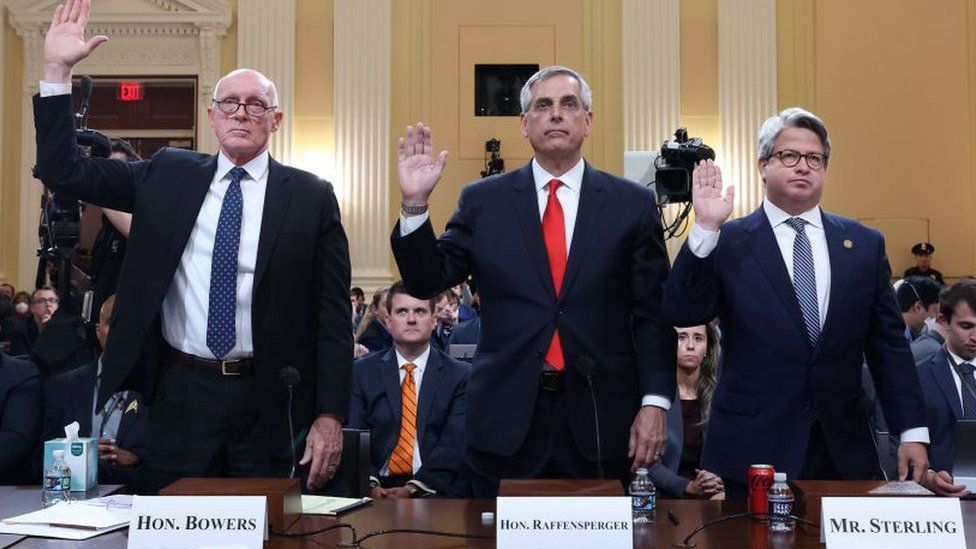The average cost of a gallon of gas, or petrol, is hovering near $5 (£4), up from roughly $3 a year ago.
With national elections for Congress coming in November, Mr Biden is under pressure to respond.
Analysts say that removing the levy would have a limited impact on household petrol and diesel costs.
Political support for the gas tax holiday, which would require an act of Congress, is also uncertain.
A top Republican senator on Wednesday dismissed it as a “gimmick,” saying that the proposal is “dead on arrival”, while members of Mr Biden’s own party have voiced concerns that the move would primarily benefit oil and gas firms.
Mr Biden said policymakers should do what is in their power to try to ease the strain on families, calling on companies to pass on “every penny” in savings to the public.
“I fully understand that a gas tax holiday alone is not going to fix the problem,” he said. “But it will provide families some immediate relief, just a little bit of breathing room as we continue working to bring down prices for the long haul”.
What is the US gas tax?
Currently, the US imposes a tax of roughly 18 cents per gallon on gasoline and 24 cents on diesel, using the money collected to help pay for highway infrastructure.
Eliminating the levy through September, as Mr Biden has proposed, would cost the government an estimated $10bn.
The move is the latest effort from countries around the world to address the soaring energy costs.
Oil prices have surged since last year, as demand outstrips supplies constrained by cuts that many firms made after the pandemic hit in 2020 and prompted demand to crater.
As the war in Ukraine pushes Western countries to shun oil from Russia – a major energy producer – that has also contributed to the crunch.
The American Fuel and Petrochemical Manufacturers industry group said a gas tax holiday would provide “near-term relief but it won’t solve the root of the issue – the imbalance in supply and demand for petroleum products”.
For American consumers, the holiday would likely yield just “a few cents” in savings, economist Jason Furman, who advised former president Barack Obama, wrote on Twitter ahead of the president’s announcement.
“Whatever you thought of the merits of a gas tax holiday in February, it is a worse idea now,” he said, adding that any price reduction would likely boost demand, pushing prices back up.

New Yorker Daniel Moran was at the gas pump on Wednesday, filling up his RV ahead of this weekend when he is taking his family on a camping trip.
Normally, his family plans at least two or three such excursions over the summer. But this year, he said, the surging gas prices will likely limit them to just one. He handed over $80 to the station attendant, shaking his head.
“That’s not even half a tank,” the 52-year-old said. “It’s so difficult.”
Mr Moran, who owns a tire shop in Brooklyn, said he was sceptical that suspension of the national gasoline tax would make a difference, noting that New York had already put in place a similar policy for its state gasoline tax.
“It’s still going higher,” he said, nodding toward the station sign, where prices were posted well north of $5 a gallon. “I would like to see some prices getting reduced but I know it’s almost impossible.”
Mr Biden has already taken steps like releasing unprecedented amounts of oil from national stockpiles and lifting taxes on imports of solar panels.
As well as suspending the national gasoline tax, Mr Biden is urging similar steps by state governments, which typically impose their own taxes, often higher than the federal government’s.
Some states, including New York, have already suspended those charges.
The president, who has intensified his criticism of oil and gas companies in recent weeks, also called on the industry to increase output and refining capacity, while directing some of his pleas to gas station owners across the country.
“These are not normal times,” he said, pointing to the war in Ukraine and noting that oil prices have retreated from earlier highs. “Bring down the cost at the pump to reflect the price you are paying for the product. Do it now, do it today”.
There is little political momentum in the US for funding relief for households through something like the UK’s recently announced windfall tax on energy company profits.
In a note, Goldman Sachs analyst Alec Phillips said Mr Biden’s proposal was interesting “for what it omits”, pointing to alternative moves – such as easing regulation for refining firms or easing rules to allow foreign ships to transport fuel between ports within the US – that might bring down costs.
“We note that these likely would have met opposition from environmentalists, labour unions, and/or the agricultural sector, whereas a tax suspension does not affect any particular constituency,” he wrote.
The price of gasoline in the US is already lower than in many other countries, amounting to about $1.32 per litre or 108p per litre, compared to more than 180p per litre in the UK.


